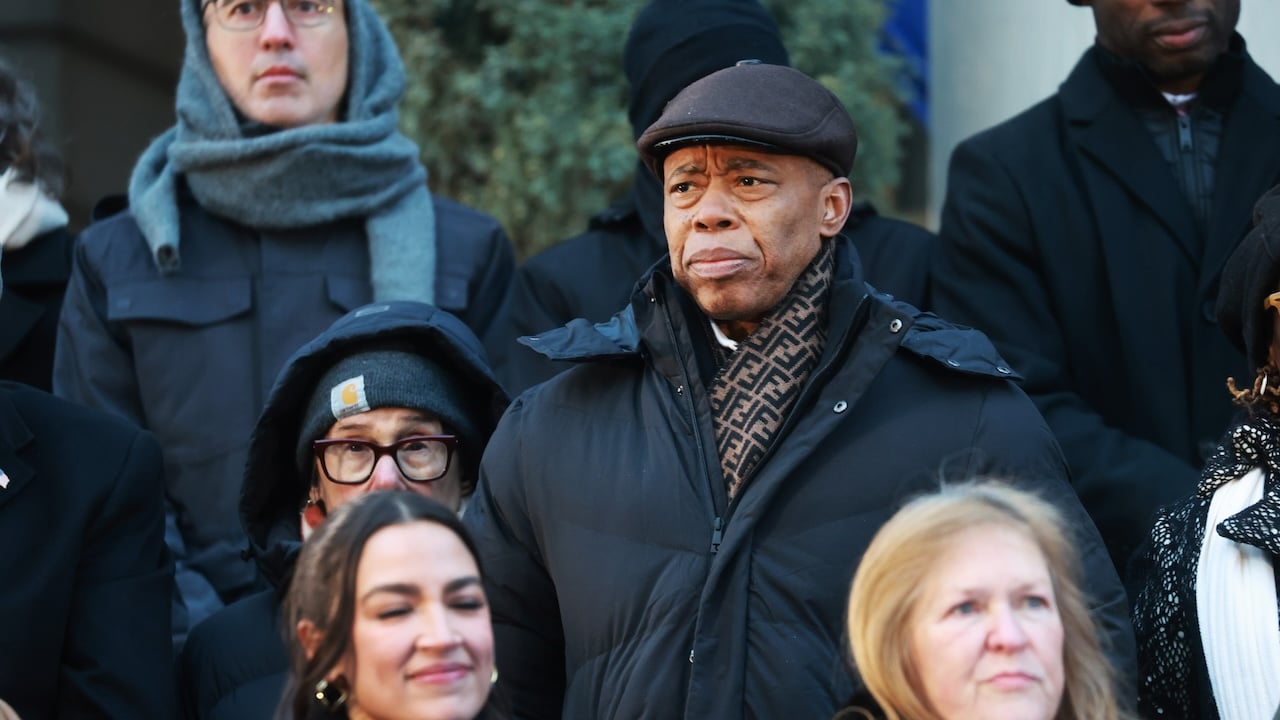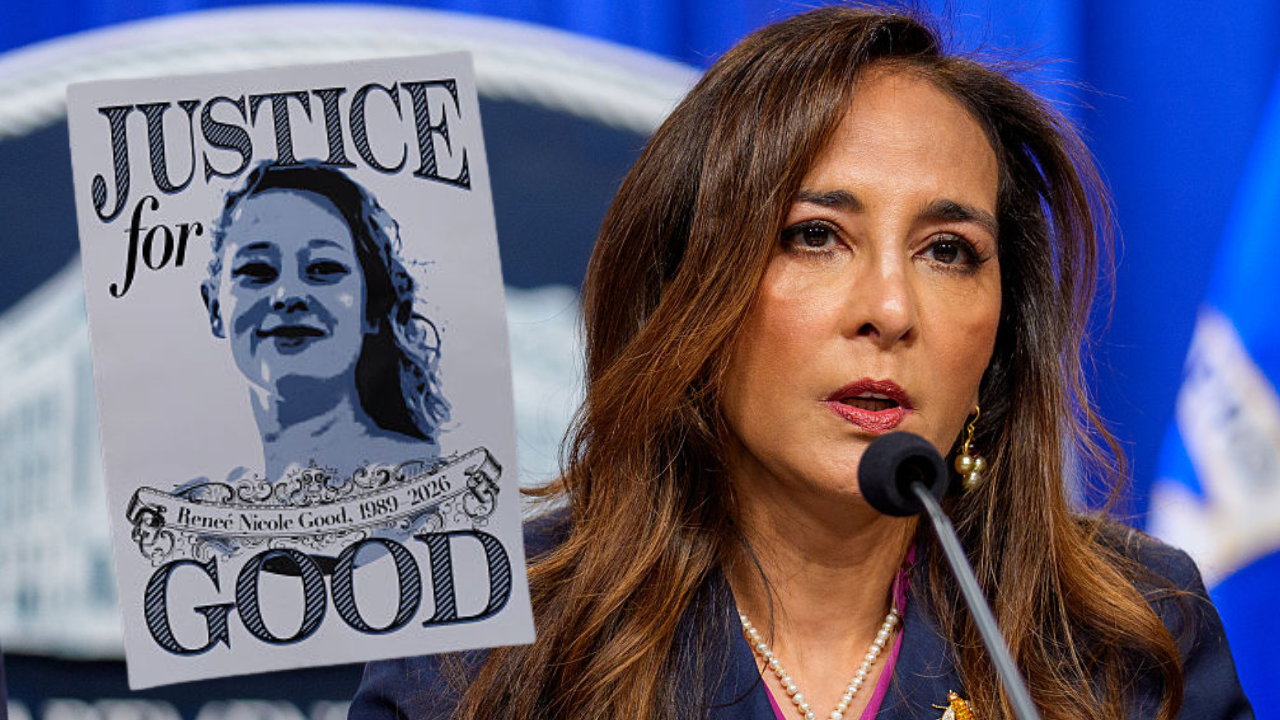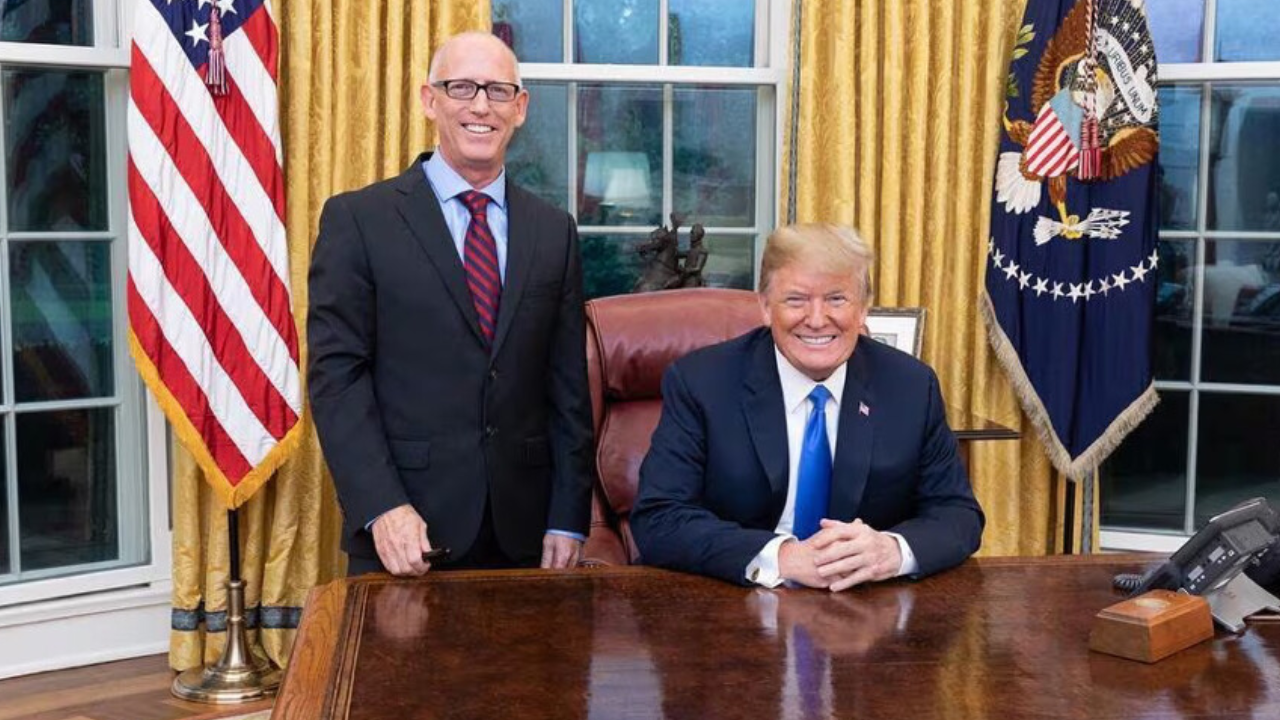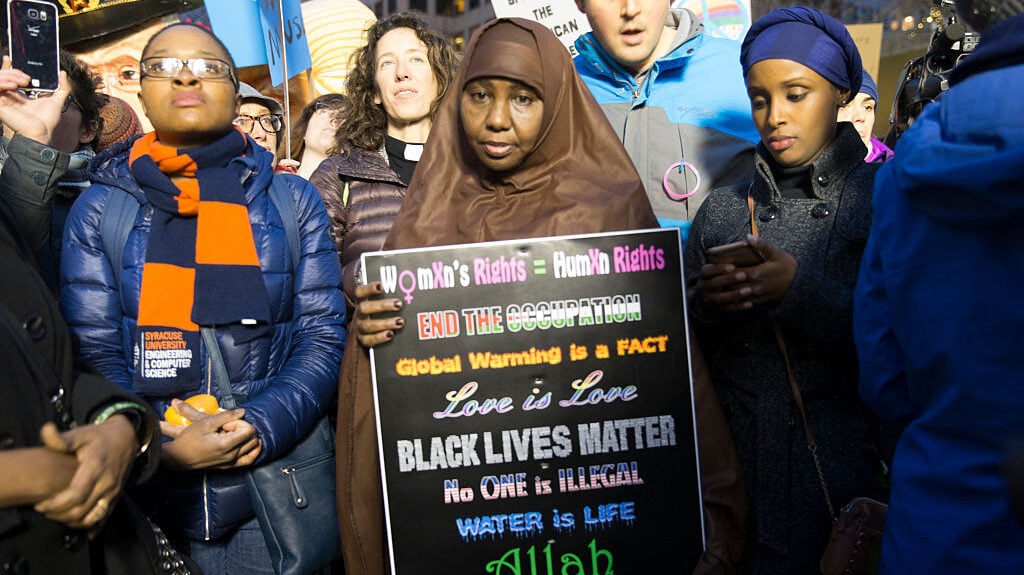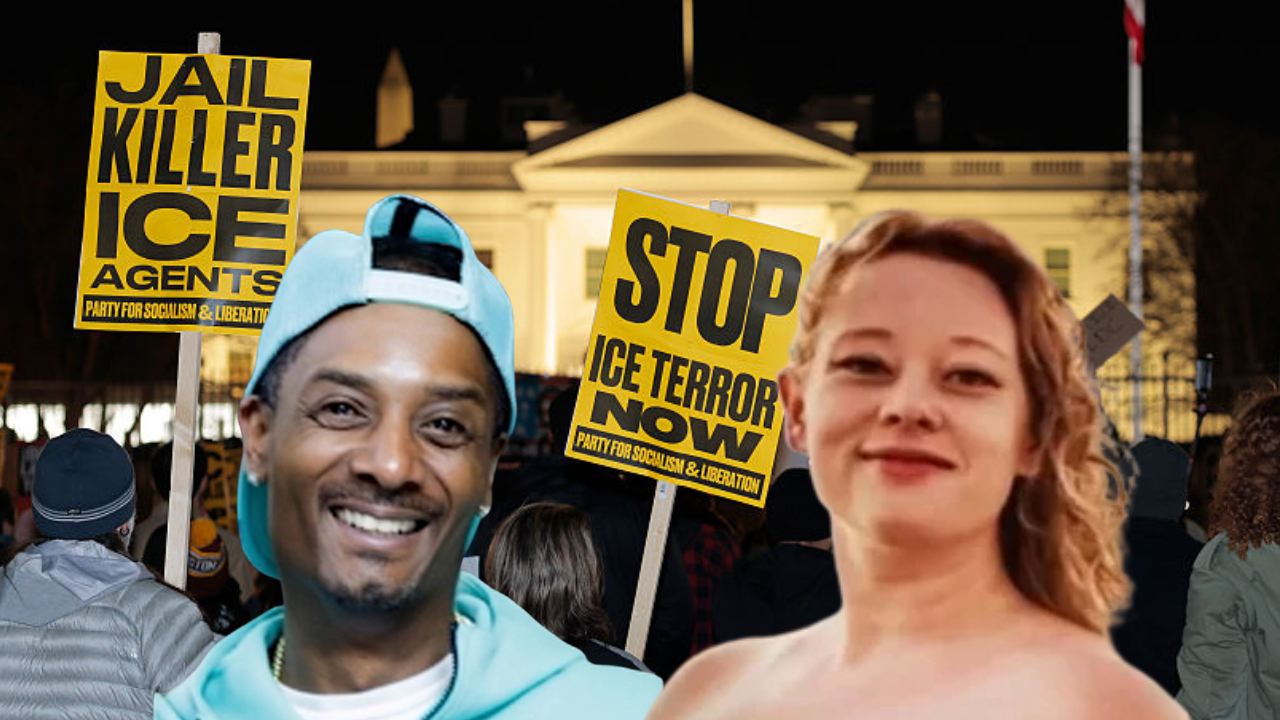Policing Poverty: Why A Michigan Mother’s Food Stamp Fraud Case Matters

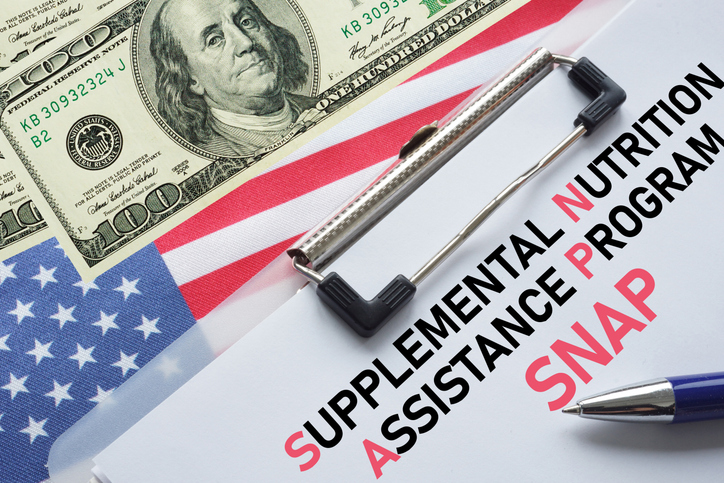
Yet again, the government turns its gaze on the wrong target. Talia C. Teneyuque of Saginaw, Michigan, is charged with food stamp fraud for using her Bridge Card to buy flour and sugar for baked goods she sold online. Authorities claim she misused about $1,800 in benefits and warn that she could face ten years in prison and a $250,000 fine.
The real question is, why did she have to stretch her benefits in the first place?
That this case exists at all speaks to the SNAP surveillance system. It’s among the most heavily monitored programs, with states combing through roughly 50,000 case files each year, and the federal government reinspects about half of them. Every decision about who gets help and how much is double-checked.
Officials track what people buy, how often they shop, and whether their situation has changed. Small errors that corporations easily write off can land low‑income families in court. This isn’t just bureaucracy; it’s a system designed to doubt and punish people for being poor.
While officials sift through receipts, millions are still struggling to get by. In 2024, about 10.6% of Americans (around 35.9 million people) lived below the poverty line. The working poor, those who spent at least 27 weeks on the job yet remained in poverty, numbered 6.4 million, roughly 4% of all workers, according to the Bureau of Labor Statistics. Women and people of color bear the brunt as Black workers faced a 6 percent working‑poor rate compared with 3.8% for white workers.
Homelessness is also climbing. On a single night in 2024, the U.S. Department of Housing and Urban Development counted 771,480 people without a home (23 for every 10,000 Americans), the highest number on record. Families with children saw a 39% jump from the year before, and about 150,000 children had nowhere to sleep. Black people made up 32% of those experiencing homelessness, though they represent just 12% of the population. These numbers don’t show missteps; they represent the weight of low wages, rising rents, and policies that leave people hanging on by a thread.
Conditions like these form the backdrop for Teneyuque’s story. When wages stagnate and food prices soar, people start side hustles and rely on the support of others to get by. If a neighbor sells cupcakes to pay for diapers or rent, that’s creativity and necessity, not criminal intent. The real scandal is that she has to risk prosecution, likely just to meet her basic needs.
For decades, politicians have evoked the image of a Black single mother driving a Cadillac and living off the government. Ronald Reagan turned this caricature into the mythical “welfare queen”. Sensational stories surrounding this false narrative made many Americans imagine that the typical welfare recipient is a Black woman who lives in the inner city, even though the majority of people on assistance have always been white.
Scholar Ashley Jardina points out that white Americans receive more public help than people of color, yet the word “welfare” is most often linked to Black people. This racist stereotype has been used to justify harsh policies like work requirements, family caps, and lifetime limits that target Black mothers as undeserving.
Data tells a different story. SNAP actually tells the story of America– 37% of those receiving SNAP are white, 26% are Black, 16% are Hispanic, 3% are Asian, and 2% are Indigenous American. More than 85% of benefits go to households with children, seniors, or people living with disabilities, and 92% go to households at or below the poverty line. Fraud is extremely rare: for every 10,000 SNAP households, only 14 are investigated for fraud, and only about $11 out of $10,000 in benefits is overpaid due to client fraud. By contrast, the IRS estimates that one in six dollars owed in taxes goes unpaid, yet we don’t brand CEOs as “welfare kings or queens.”
These myths don’t just distort reality; they justify surveillance and punishment.
Agencies cross-check wages with employment databases, monitor purchases on benefit cards, and trigger investigations over small discrepancies.. Recipients must endure interviews, home visits, and intrusive questions about their family life. From the outset, the system runs on distrust, with poor Black women bearing the brunt. A justice-centered vision rests on trust, autonomy, and respect. Government assistance should help families thrive, not criminalize them.
Talia Teneyuque may lose her freedom over $1,800, while corporations walk away with billions in taxpayers’ money. Even the libertarian Cato Institute reports that corporate welfare costs taxpayers $181 billion every year. In 2022, states and cities promised at least $19.2 billion in subsidies to eight big companies, each deal worth $1 billion or more, with subsidies averaging $726,000 per Good Jobs First.
Those billions could fund schools, health care, and food aid instead. Because corporate boards are mostly white, these deals also deepen racial wealth gaps. One columnist noted that 2022 was a uniquely expensive year for corporate giveaways, even as regular people struggled to afford groceries. If we really cared about waste and fraud, we’d investigate these deals instead of prosecuting a woman buying flour.
The double standard doesn’t stop there. When banks gamble and crash the economy, Congress writes them trillion‑dollar checks. Polluters and car companies get tax breaks and incentives. But when a single mother uses $200 of food benefits to start a home bakery, she’s labeled a criminal. Fairness and equity demand that we flip this script by holding those who hoard public resources accountable and standing with people trying to survive.
So what would a caring response look like?
First, listen to the woman at the center of this story. We don’t know why she needed extra income (maybe to buy school supplies, cover medical bills, or escape an unsafe situation). Instead of charges, we should offer community support: debt relief, cash assistance, affordable housing, and child care. Guaranteed income programs popping up around the country show that giving people cash improves their health and reduces poverty. Studies also find that recipients spend the money on necessities, not luxuries. We could expand these programs instead of pouring resources into surveillance and prosecutions.
Second, raise wages and lower costs. A living wage would mean fewer people need public assistance or second jobs. Policies like universal healthcare and paid leave would keep families from going bankrupt when someone gets sick. In the richest country on Earth, no one should have to choose between feeding their children and following complicated benefit rules.
Third, end corporate welfare. Use those billions for affordable housing, education, and green jobs. Imagine if the billions in subsidies that the government distributes went into public schools, community kitchens and mutual‑aid networks. That money would boost local economies instead of padding executive bonuses.
Finally, dismantle the carceral welfare state. Design policies that start from trust, not suspicion. Replace harsh reviews with simple paperwork and occasional spot checks that are aimed at helping people instead of harming them. This kind of change isn’t chaos; it’s about building new systems based on care, where resources reach those who need them and everyone’s dignity is respected.
Currently, we stand at a crossroads in this country. One path keeps criminalizing survival, surveilling the poor and rewarding corporations with handouts. The other path embraces care, community and dignity. As an abolitionist, of course I choose the latter. Let’s stop asking how to catch people “cheating” and start asking why the system forces people to hustle in the first place.Let’s tell the truth: the real welfare queens sit in boardrooms, not in bodegas. And let’s build a future where selling cupcakes to your neighbors is celebrated as ingenuity, not punished as a crime.
Josie Pickens is an educator, writer, cultural critic, and abolitionist strategist and organizer. She is the director of upEND Movement, a national movement dedicated to abolishing the family policing system.
SEE ALSO:
How The ‘Big Beautiful Bill’ Harms Black Women
Malcolm X’s Childhood Trauma And The Case For Abolishing Family Policing
What's Your Reaction?
 Like
0
Like
0
 Dislike
0
Dislike
0
 Love
0
Love
0
 Funny
0
Funny
0
 Angry
0
Angry
0
 Sad
0
Sad
0
 Wow
0
Wow
0




